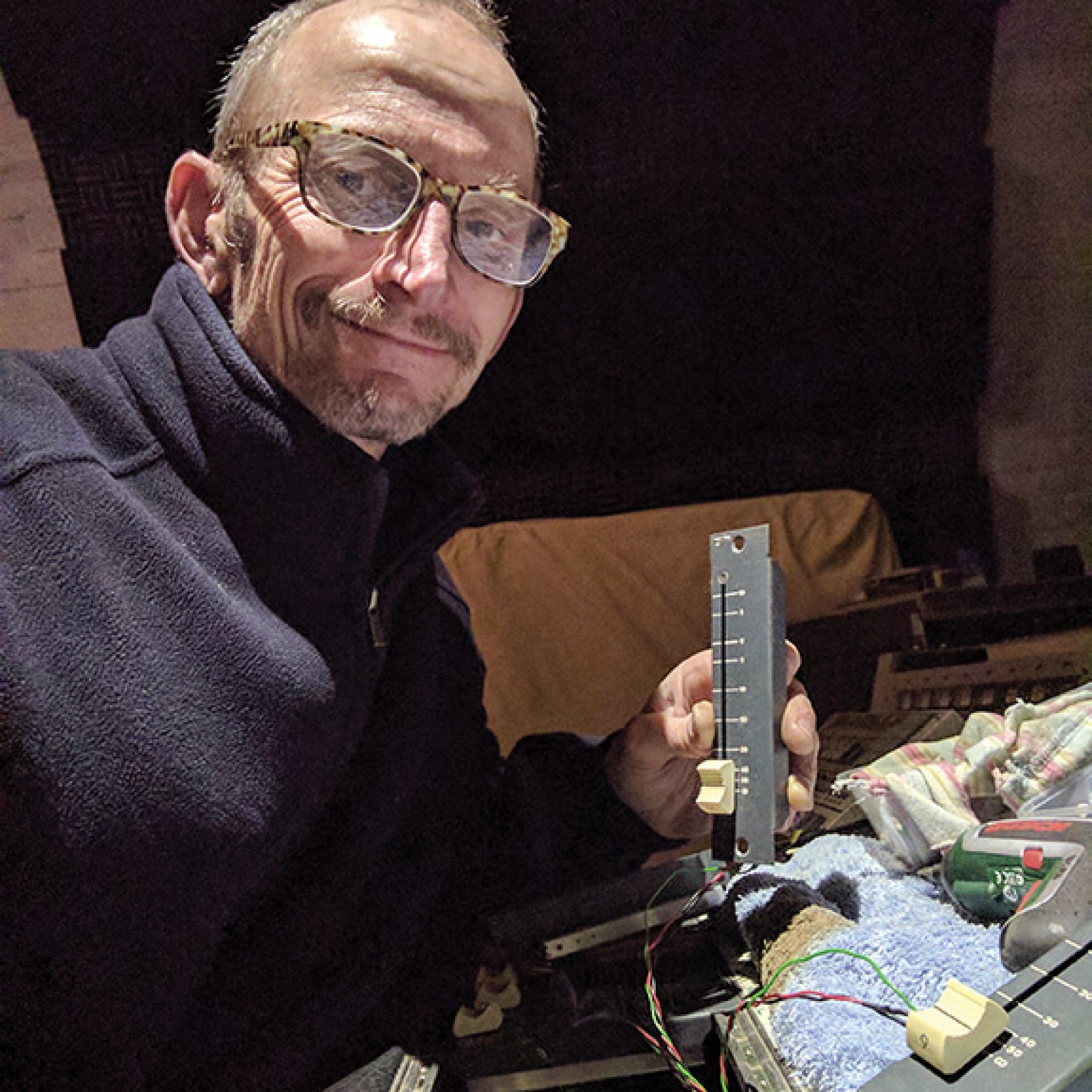
The Ruben’s Story Update: Fixing a Phantom Issue
Last issue, I wrote an article about The Rubens’ recording in their own studio, which they built inside an old WWII bunker.
The record, LO LA RU is a spectacular slice of Australian pop, and The Bunker’s semi-trailer-fitting, arched ceiling makes for a fascinating space. Bass player for the band, Will Zeglis doubles as the Bunker’s in-house engineer. It’s his Soundtracs console that went down with a noise issue, two weeks before Run The Jewels’ producers, Wilder Zoby and Torbitt Schwartz, were due to arrive from New York.
It came right down to the wire, with the technician able to diagnose the issue and fix it the day before the sessions were due to start. Zeglis was so stressed about the incident, he got physically sick. Terry Demol was that tech and, as you can imagine, was more than a little bit stressed himself. Still, Terry powered on to get the job done.
Anyone who operates vintage gear — especially pieces that are less common in their region — knows the importance of having a great relationship with a technician. I prefer to call them geniuses, personally.
Whether it’s Terry, Rob, Joe, Gunter, Steve, Colin, Andy, Mark… you’ll want someone or your side. When Terry reached out to us to explain what the issue was, we thought it was important to recognise the work that goes into diagnosing and repairing something as complex as an analogue console. Especially when the world’s pre-eminent servicer of that brand can’t get to the bottom of it.
Terry is a pro audio electronics technician and product designer. He takes care of warranty servicing for Marshall Amplification in NSW. He services valve and solid state pro audio and high end gear, not to mention building occasional custom-designed guitar amps, femto second master clocks and AD/DA converters.
When Will got in touch with Terry, there weren’t many other techs willing to have a stab at the problem, including the technician who’d previously serviced it. “From the get-go, this job was looking like a real challenge,” explained Terry. “The console is old and not the best with regards to serviceability.” Studios are also not the easiest places to work. They’re usually crammed with gear, and dark. The Bunker is no different, so Will and Terry had to set up a makeshift repair space in the studio live room, with console circuit boards being transferred there for work then back to the console, reattached and fired up. Rinse and repeat. With the impending session date, the pressure only continued to mount.
“We worked through a lot of faults. I also completely removed an old, unused automation system which was tied in to every channel, and it actually improved the sound of the console” explained Terry. “The biggest problem was HF noise and interference in one side of the master bus. I had the number one expert on these consoles on the phone from the UK, advising every similar fault and fix he knew and none of them worked. The schematics also didn’t indicate the physical bus arrangement.
“I tracked it down to noise bleed over from the +48V phantom supply bus. The console used ribbon cable for the main busing. There were grounds separating every bus from it’s neighbour except for one — the RH bus and +48 phantom supply — hence noise from the phantom supply leaking over.
Given that the master bus is a virtual ground, you can’t actually see the noise on the bus itself and leakage is occurring as a current. It then appears after the first bus amplifier.
“I installed a noise filter network on the phantom and the problem was solved. The guy in UK had never encountered this problem and reckoned I did very well to solve it. He was a great guy, and we had a good laugh about it.”
At the end of the day, the sessions went off without another technical hitch, and now we have The Rubens’ LO LA RU. Another success story from one our great Aussie techs. Hats off, Terry.
















RESPONSES